Why Threats and Bribes Don’t Lead to Cooperation and What to Try Instead
Originally posted on November 13, 2015 by Ariadne Brill in Positive Parenting Connection.
Getting children to cooperate can be tricky at times. Especially when you have more than one child and busy schedules. It’s not unusual to turn to quick fixes like threats and bribes to get children moving.
But…threats and bribes aren’t helpful parenting tools. Because they lead to power struggles, arguments and discouraged children.
But they work!…. Have you ever caught yourself thinking that? Have you seen first hand a little bribe getting children to cooperate? Threats and bribes often seem like a great, quick fix. Especially in a tough situation where you need kids to listen up and cooperate. But threats and bribes fall right into that too good to be true and quick fixes tend to fail category.
Bribes and threats steal opportunities for learning and connection.
Pam leo, author of Connection Parenting explains “threats create disconnection and undermine the parent-child bond”
Especially if you are using threats and bribes as the absolutely only way to get your children cooperating (a.k.a. the kids are tuning you out until the yelling and threatening starts) then all your child gets to practice is compliance. And compliance in the long term chips away at self-esteem, capability and wellbeing.
Children actually tend to feel frazzeled and discouraged when all they do is follow threats or “cooperate” for rewards. This power dynamic can also lead to children struggling to assert a healthy dose of independence. And your relationship with your child is likely to be muddled with resentment,arguments and conflicts.
Here are three ways to move beyond bribes and threats and start inviting cooperation.
#1. Avoid statements that are loaded and vague:
“You are being so bad…just you wait and see what happens!”
“If you don’t straighten up, I’m going to have to deal with you in a way you’ve never seen before!”
“Oh, I’ve had it, get moving or else!”
What does “stop being bad” really mean “straighten up” “or else”??? Children really need more specific information in order to stop or start something.These phrases are discouraging, make children fearful but also lead children to act out in retaliation, or continue doing what they are doing because they simply don’t have enough information to understand what it is you want them to do.
Alternative: Describe the behavior that is not acceptable.
“You may not hit.”
“Kicking my seat when I am driving is not ok.”
“Teasing your sister is not acceptable”
#2. Remember cooperation happens when children feel capable and encouraged: So instead of threatening try offering alternatives that involves your child in the process. It might sound like this:
“Hitting the dog hurts. Do you want to brush him? The dog would love some special attention from you!”
“Would you like to look at this book while we drive? We are only 5 minutes away, so almost there!”
“Do you want to come over here and help me? Your sister would like to play alone right now, but I would like your company!”
#3. Use language that invites cooperation:
I’m looking for two assistants to set the table! Any takers?
Let’s work together: I’ll put these books on the shelf, would you like to put blocks away or animals in the drawer?
We still have five minutes before leaving, anyone need help with anything so we leave on time?
I am happy to keep you company while you sort your books.
Here are 35 more Examples of phrases that welcome cooperation.
Of course there are moments when children just really would rather have some space to cool off, or they may be having a hard time because they are tired or overwhelmed.
In such situations, it helps to ask yourself :
“What do I want my child to learn from this situation?”
“What can I do to HELP my child cooperate?”
A “working with” attitude towards discipline and cooperation leads to more connection, trust and ultimately children that feel capable and that want to cooperate.
Do you currently have a parenting challenge where threats or bribes seem to be necessary? Share in comments and I’d be so happy to offer some ideas and insights for turning things around.
Peace & Be Well,
Ariadne
For more information on a connected approach to discipline and parenting I highly recommend “Connection Parenting” by Pam Leo, and The Positive Discipline Book Series by Jane Nelsen.


